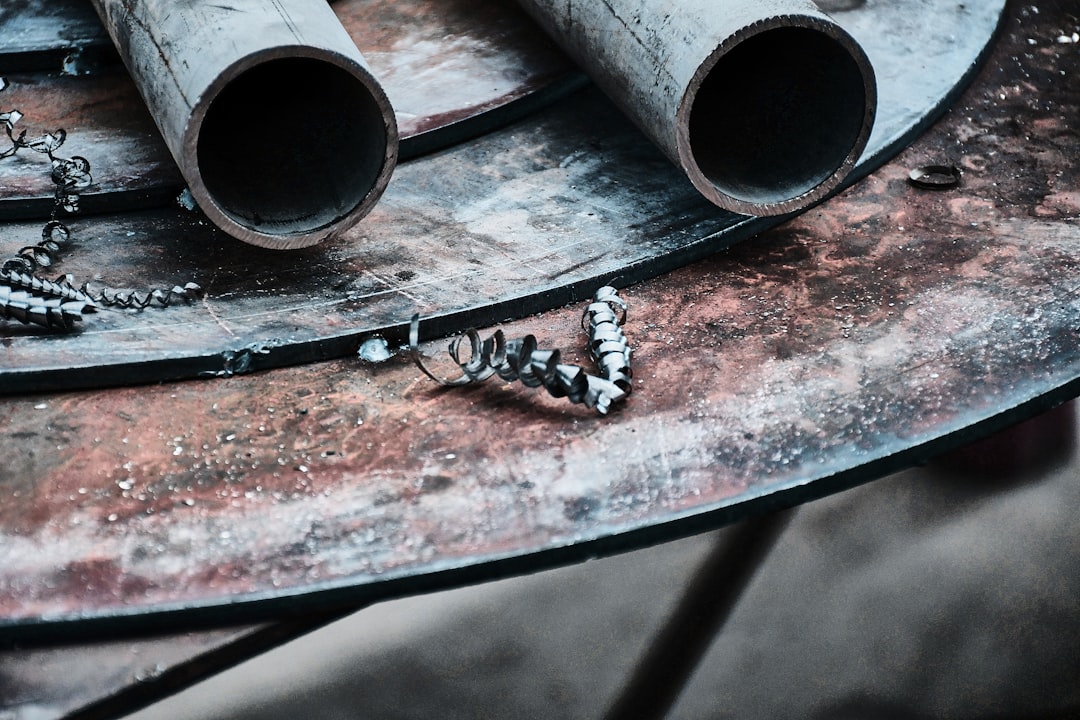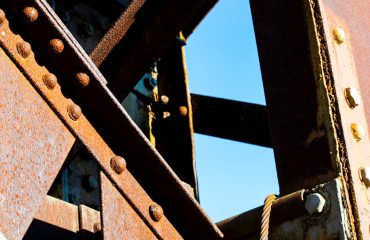Oil refineries are complex and hazardous environments, demanding materials that can withstand extreme pressures, temperatures, and corrosive chemicals. Steel pipes form the very backbone of these operations, transporting vital fluids and gases throughout the intricate network of processes. Understanding the selection, application, and maintenance of these pipes is crucial for ensuring efficient and safe refinery operations.
1. Diverse Applications of Steel Pipes in Oil Refineries
Steel pipes in oil refineries serve a multitude of purposes, each demanding specific properties. They are used extensively in:
- Crude oil transportation: Large-diameter pipes transport crude oil from storage tanks to processing units, often under high pressure.
- Product pipelines: Refined products like gasoline, diesel, and jet fuel are transported via pipelines to storage tanks and loading facilities.
- Process piping: A vast network of smaller-diameter pipes carries various process streams, including intermediate products, catalysts, and solvents, between different units within the refinery.
- Steam and water distribution: Steel pipes are essential for distributing steam for heating and power generation, and for circulating cooling water throughout the refinery.
- Instrument and control lines: Smaller pipes carry instrument air, sample streams, and other essential fluids for monitoring and controlling refinery operations.
- Emergency shutdown systems: High-pressure pipelines are crucial components of emergency shutdown systems, enabling rapid isolation of process units in case of emergencies.
2. Material Selection: Choosing the Right Steel for the Job
The selection of steel pipe depends heavily on the specific application and the nature of the fluids being transported. Factors to consider include:
- Pressure rating: Pipes must withstand the operating pressures of the process streams. Higher pressures necessitate thicker pipe walls and stronger steel grades.
- Temperature rating: Some process streams operate at extremely high temperatures, requiring steel with high creep resistance and thermal stability.
- Corrosion resistance: Many refinery streams are corrosive, demanding the use of corrosion-resistant steel grades, such as stainless steel or carbon steel with specialized coatings.
- Weldability: The chosen steel grade must be readily weldable to ensure seamless pipe connections. Welding procedures must also be carefully controlled to maintain the integrity of the welds.
- Ductility and toughness: These properties are vital to ensure the pipe’s ability to withstand shock loading and prevent brittle failure.
Common steel grades used include carbon steel, low-alloy steel, stainless steel (various grades), and duplex stainless steel, each offering a unique balance of properties.
3. Safety and Regulatory Compliance in Steel Pipe Installation
Safety is paramount in oil refinery operations. Stringent safety protocols govern the installation, inspection, and maintenance of steel pipes. These protocols often include:
- Non-destructive testing (NDT): Techniques like radiographic testing, ultrasonic testing, and magnetic particle testing are used to detect flaws in the pipes and welds before they are put into service.
- Hydrostatic testing: Pipes are subjected to high-pressure water tests to verify their integrity and pressure-bearing capacity.
- Proper welding procedures: Qualified welders must adhere to strict welding codes and procedures to ensure the quality and safety of pipe joints.
- Regular inspections and maintenance: Regular inspections are essential to identify and address potential problems before they lead to leaks or failures. This includes visual inspections, leak detection, and corrosion monitoring.
- Compliance with industry standards and regulations: Refineries must adhere to stringent safety regulations and industry standards, such as those set by ASME (American Society of Mechanical Engineers) and API (American Petroleum Institute).
4. Maintenance and Repair of Steel Pipes in Refineries
Preventing pipe failures is crucial for maintaining refinery operations and ensuring safety. A proactive maintenance program is essential, encompassing:
- Regular inspections: Visual inspections, leak detection, and corrosion monitoring are vital for early detection of problems.
- Corrosion protection: Coatings, linings, and cathodic protection are employed to mitigate corrosion and extend the lifespan of the pipes.
- Repair and replacement: Damaged sections of pipes may need repair or replacement. This often involves specialized techniques to ensure the integrity of the repaired section.
- Predictive maintenance: Advanced techniques like vibration monitoring and acoustic emission analysis can help predict potential failures and schedule maintenance proactively.
- Proper documentation: Meticulous record-keeping of inspections, repairs, and maintenance activities is crucial for tracking the condition of the pipes and ensuring compliance with regulations.
5. Future Trends in Steel Pipe Technology for Refineries
The industry is constantly evolving, with advancements in steel pipe technology aimed at improving efficiency, safety, and sustainability. These trends include:
- Advanced materials: Development of new steel grades with enhanced corrosion resistance, strength, and higher temperature capabilities.
- Improved welding techniques: Innovations in welding technologies, such as automated welding and advanced welding processes, enhance weld quality and reduce defects.
- Smart pipelines: Integration of sensors and monitoring systems to enable real-time monitoring of pipe conditions and early detection of anomalies.
- Digital twin technology: Creating digital models of pipeline systems to simulate operations, predict failures, and optimize maintenance strategies.
<liSustainable practices: Emphasis on using recycled steel and developing more environmentally friendly coatings and corrosion protection methods.
In conclusion, steel pipes are indispensable components of oil refineries, playing a vital role in the safe and efficient operation of these complex facilities. Understanding their applications, material selection, installation, maintenance, and future trends is crucial for ensuring the continued reliability and safety of the refining industry.
Tags:
Steel Pipes Oil Refinery Pipeline Safety Industrial Piping Corrosion Resistance




